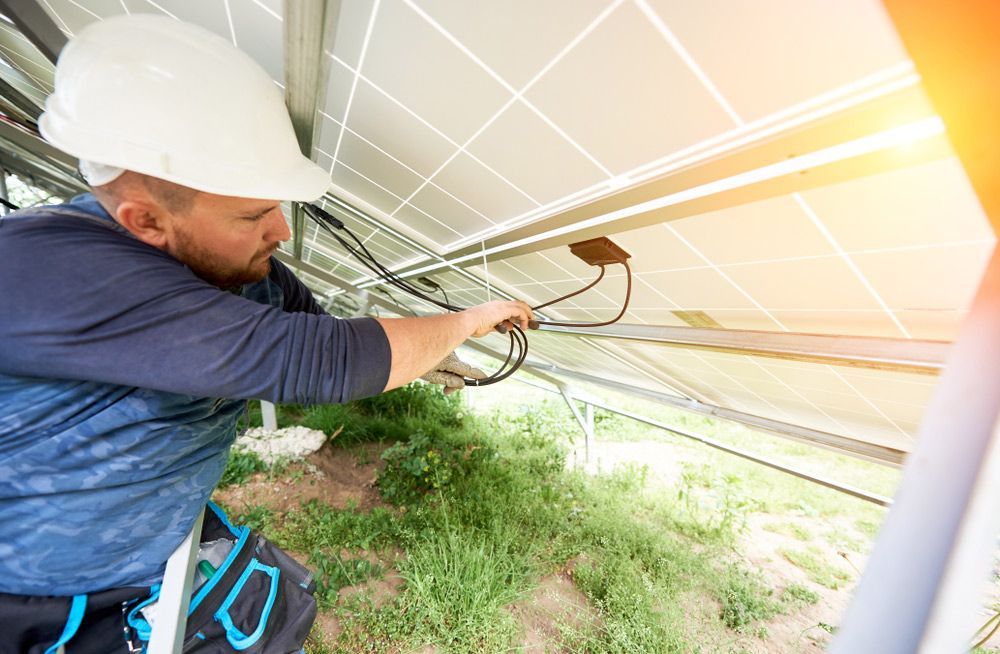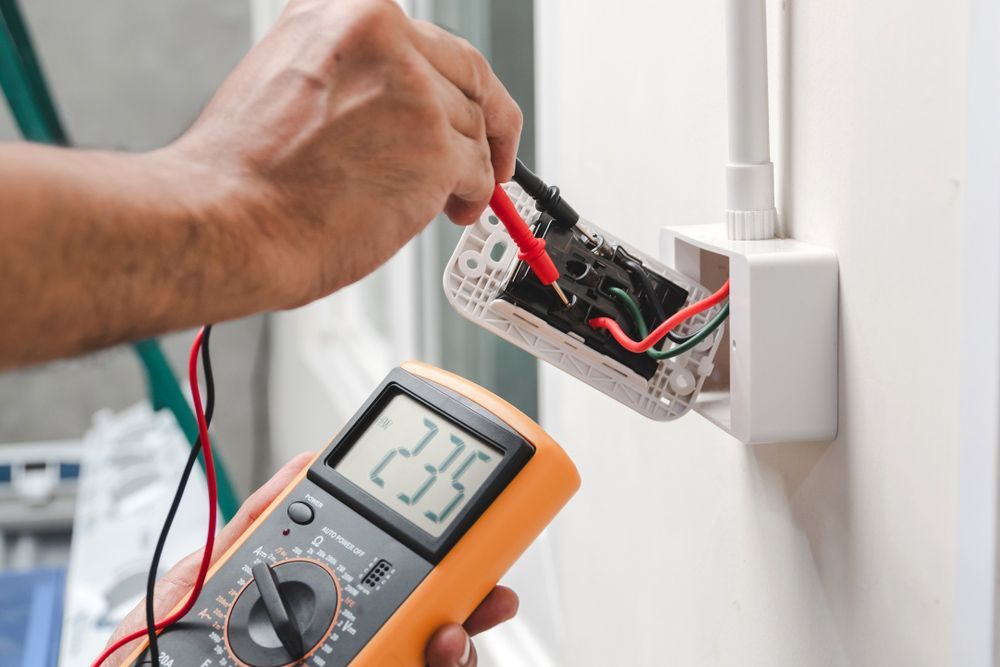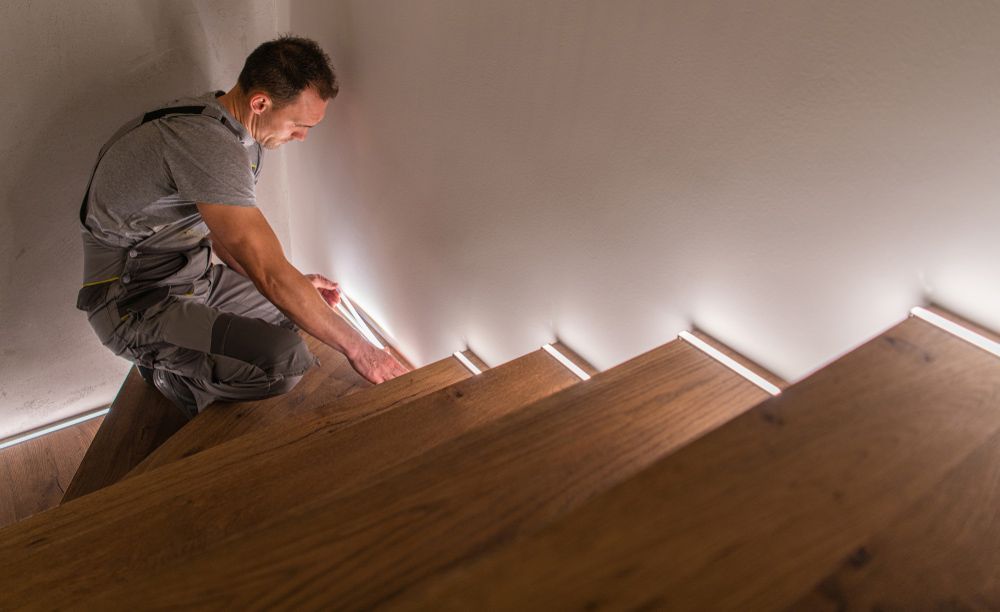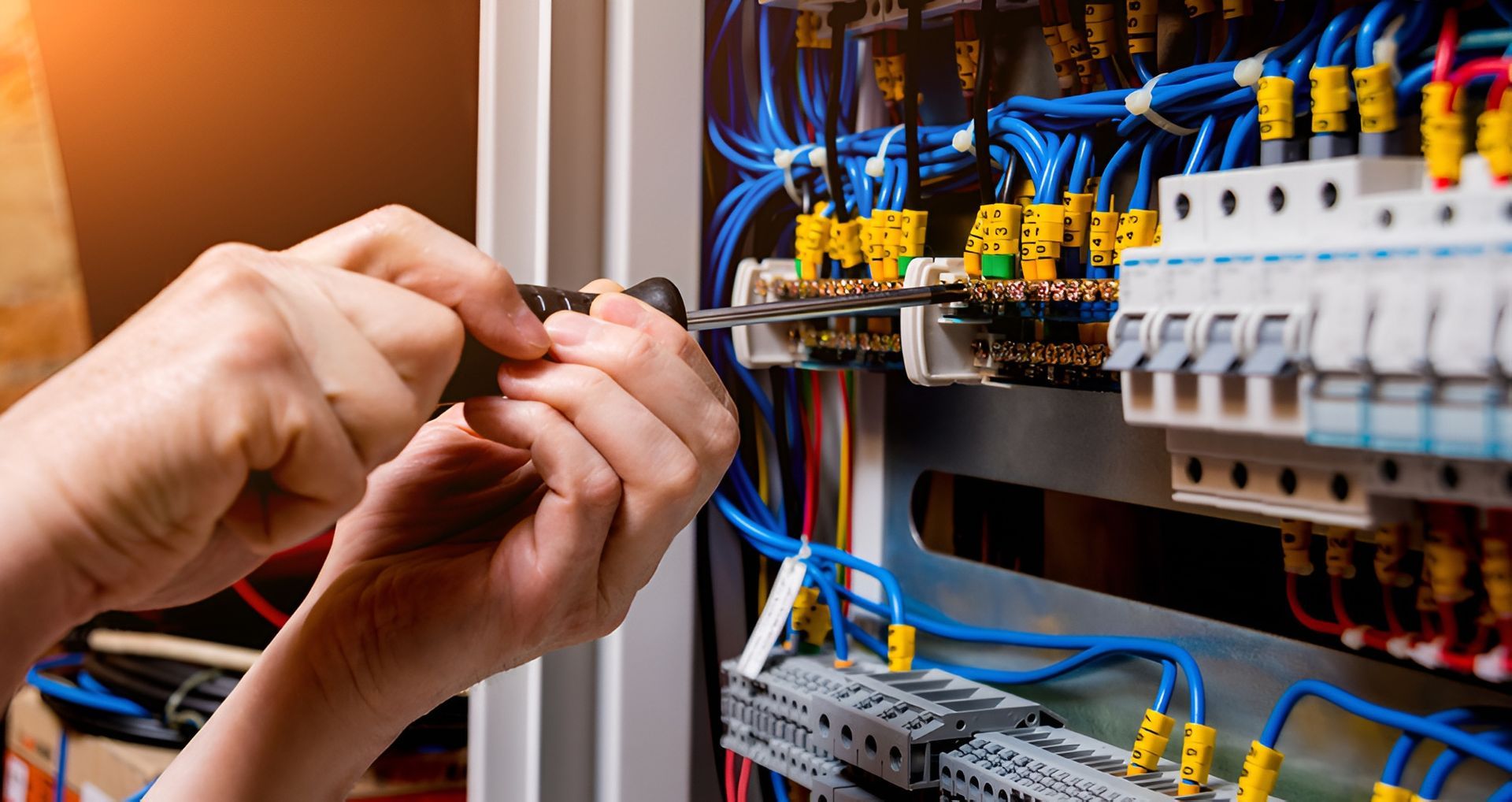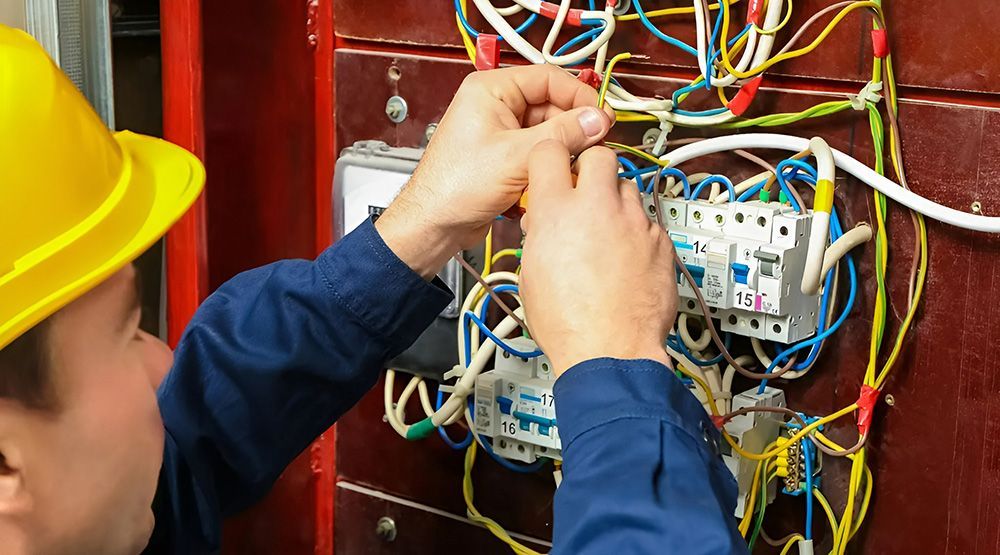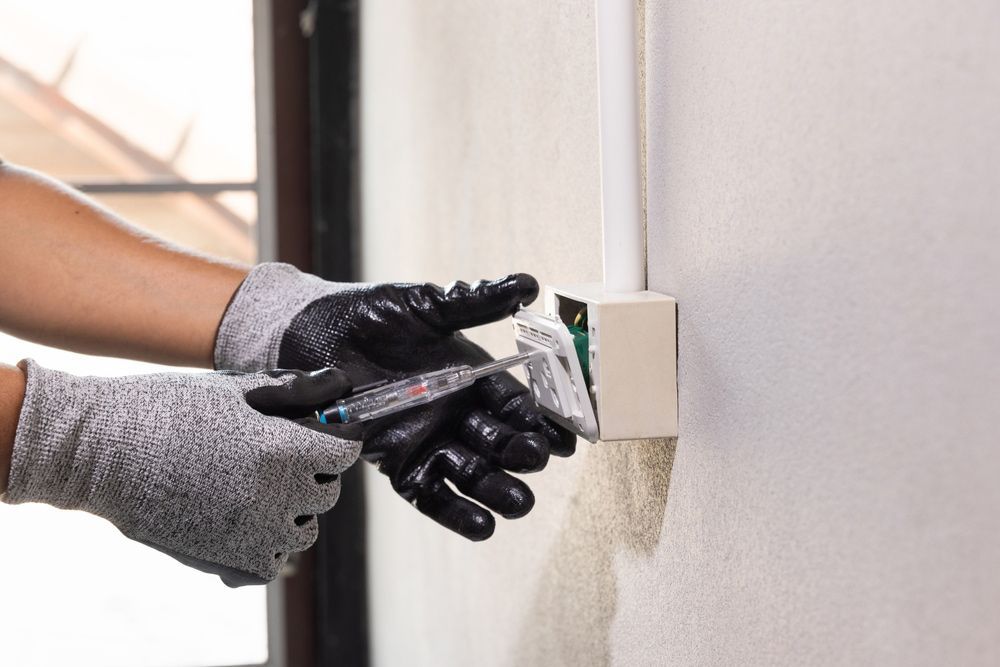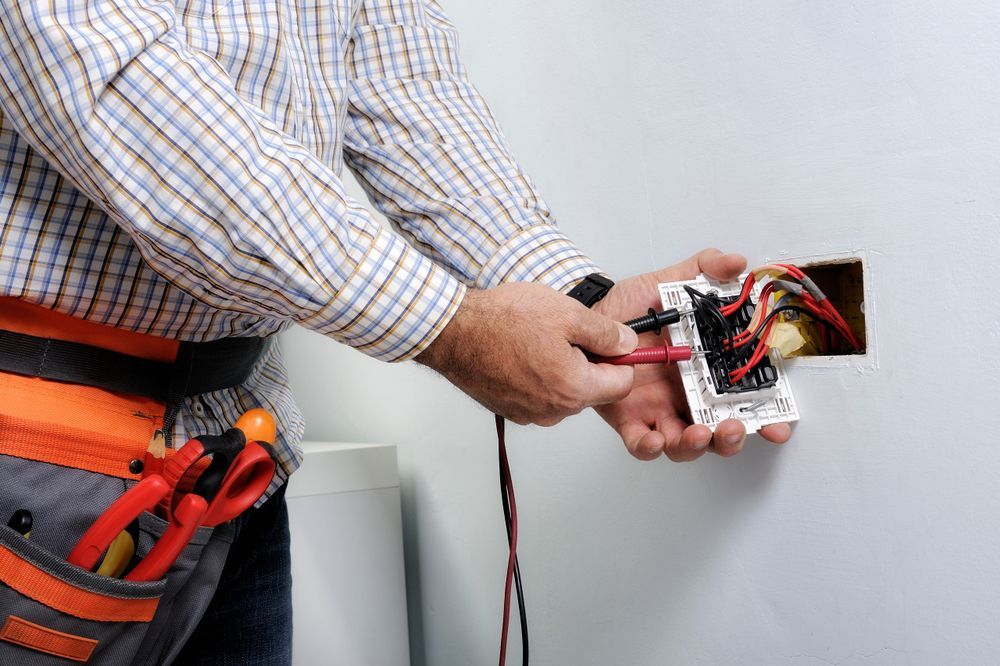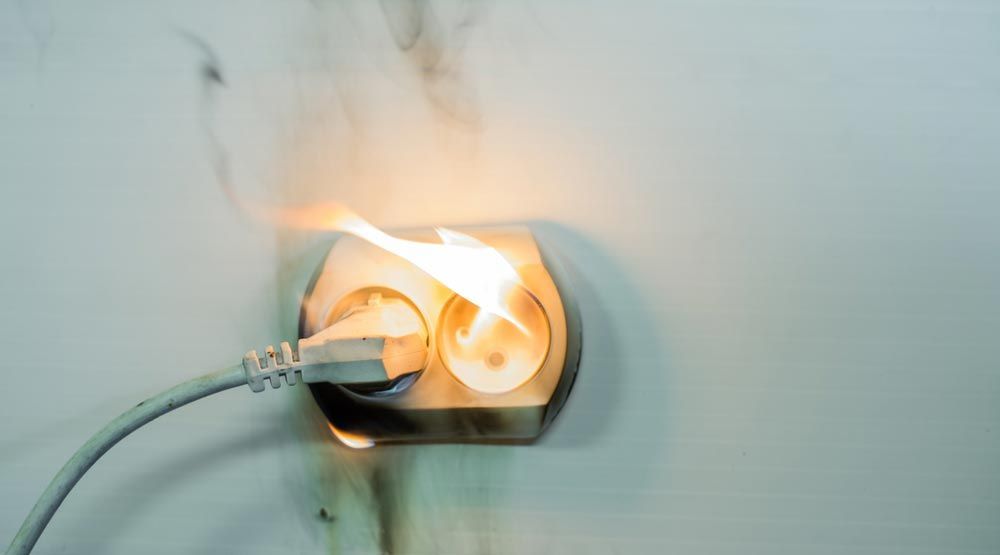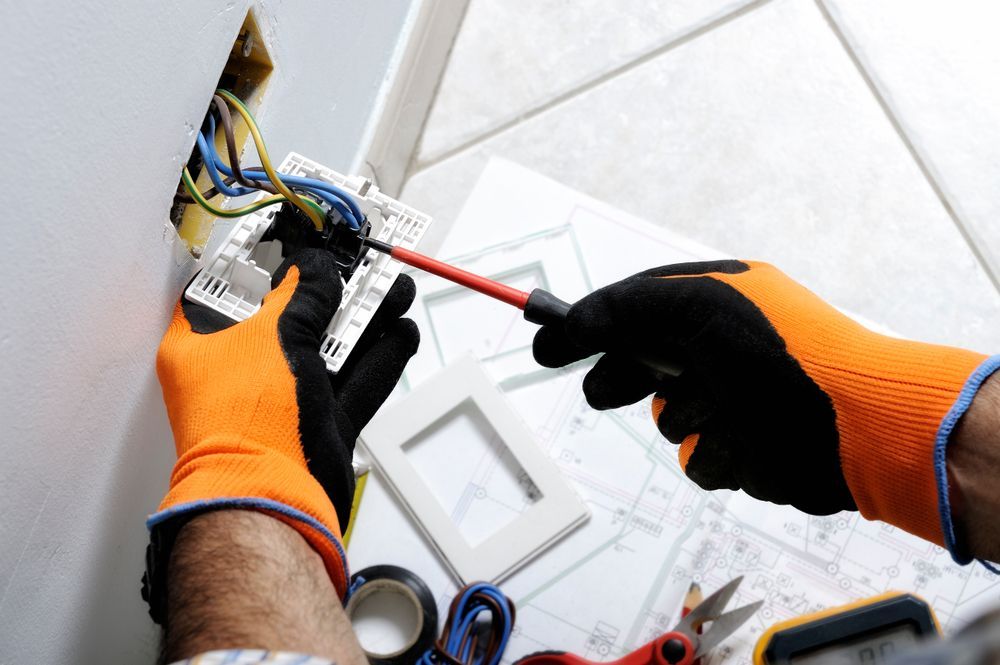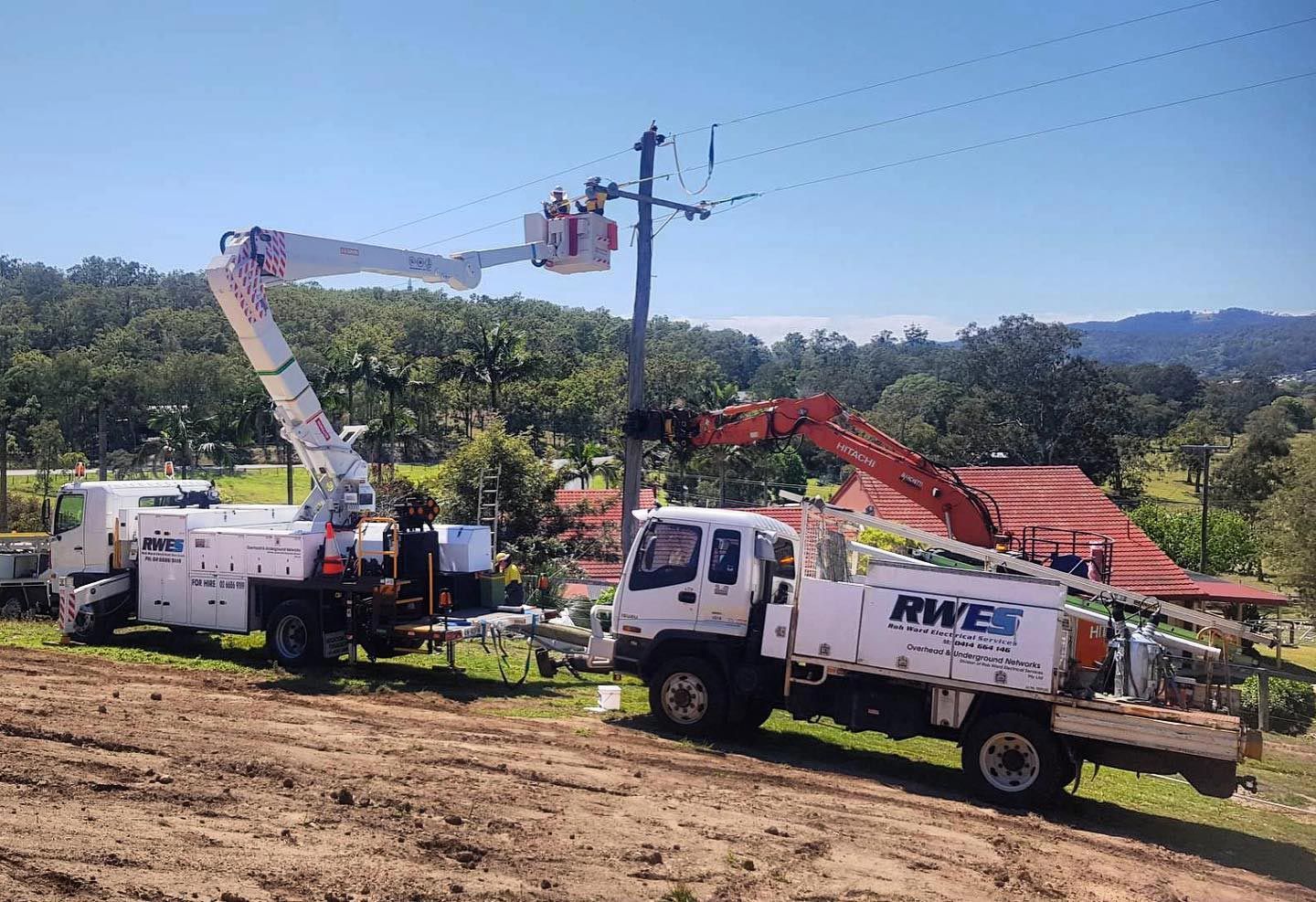Types Of Solar Power Systems
With rising electricity prices and a growing interest in sustainable energy solutions, it’s no surprise that more and more homeowners are looking to solar power as a way to power their homes. Solar power systems can help reduce electricity bills, increase the value of your property and contribute to a cleaner, more sustainable environment; but with so many options on the market, choosing the best solar power system for your home can be overwhelming. Here’s what you need to consider before making a decision.
Energy Requirements
The first step in choosing a solar power system is determining your household's energy requirements. Consider how much energy you use on a daily, weekly and monthly basis, and the appliances and devices that contribute to your energy usage. This information will help you determine the size and capacity of the solar power system you’ll need.
System Type
There are two types of solar power systems: grid-tied and off-grid. Grid-tied systems are connected to the local power grid, and excess energy generated by the solar panels is sent back to the grid. Off-grid systems, on the other hand, are not connected to the grid and require battery storage to store excess energy generated by the panels. Grid-tied systems are typically less expensive, while off-grid systems provide greater energy independence.
Solar Panel Type
There are three main types of solar panels: monocrystalline, polycrystalline and thin-film. Monocrystalline panels are the most efficient, followed by polycrystalline and thin-film. Monocrystalline panels are also the most expensive, while thin-film panels are the least expensive.
Solar Panel Efficiency
The efficiency of a solar panel refers to the amount of energy it can convert from sunlight into usable electricity. The higher the efficiency rating, the more electricity the panel can produce. Higher efficiency panels are more expensive, but they can also generate more electricity in smaller spaces.
Cost
Cost is always a consideration when making any home improvement or upgrade. Solar power systems can range in cost, depending on the size of the system, the type of panels and the installation fees. Be sure to consider the long-term savings in electricity costs when making your decision.
Installer
Choosing the right installer is just as important as choosing the right solar power system. Look for a qualified installer with experience in your type of solar panel installation. Check their references, licensing and insurance to ensure they are reliable and trustworthy.
Incentives & Rebates
There are often incentives and rebates available for homeowners who choose to install solar power systems. These incentives can significantly reduce the cost of installation and make solar power more affordable. Check with your local government and utility companies to see what incentives and rebates are available in your area.
Choosing the best solar power system for your home requires careful consideration of your energy requirements, the type and efficiency of the solar panels, the cost of installation and the qualifications of the installer. By taking the time to research and understand your options, you can make an informed decision that will benefit your home, your wallet and the environment for years to come. To find out what solar power systems Ballina residents typically install, or to receive tailored recommendations and quotes, speak with the team at Rob Ward Electrical Services.
